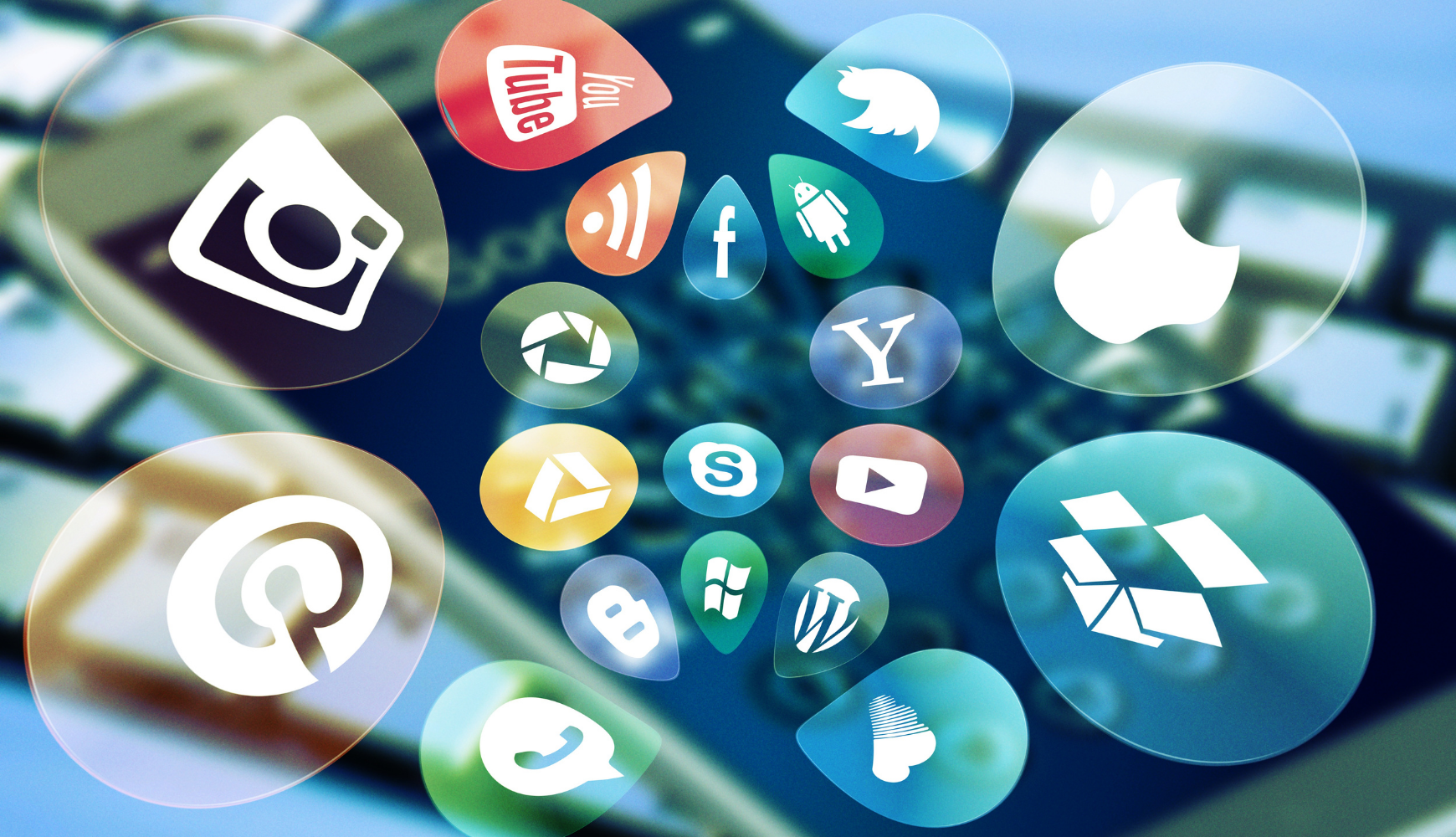When You Should Not Use Social Media
Oct 22, 2020

Many of us who grew up working summer jobs in defense or other types of factories may remember seeing signs that had dire warnings to keep what we saw confidential. One of my favorite books about WW2 summed up the danger succinctly by showing a poster that was ubiquitous throughout the war years. It contained just four words: “Loose Lips Sink Ships.”
Flash forward to today. Pre-COVID, I enjoyed taking plant tours whenever I could. But I noticed that, especially when it was a tour of a pharmaceutical or other medical equipment manufacturer, I was asked to leave my cell phone with a guard. This is because what I was seeing on those plant tours was valuable information that needed to be protected.
Today’s version of loose lips is often transmitted unwittingly through social media. There are lots of very good reasons to use Social Media, including promoting products, services or causes you are fond of. However, Social Media also comes with lots of red blinking lights. You should know where to look for them. This article focuses on when, what, and why you and your family shouldn’t Social Media.
First, you must accept that if you or someone you know has something of value, someone wants it. If you discuss it on social media, you let the whole world in on your thoughts. That “someone” could be a criminal, criminal gang, or other nefarious group determined to steal your money or ideas. Some of the finest technical minds in the world are trained and found in countries like Russia, China, Iran, Nigeria, etc. Often, they are underemployed or unemployed and they see your data as their own personal economic lifeline. They could care less about you or your family or your friends. Give them the right opening on Social Media to steal something of value from you and they will not hesitate to use even violence to get it if necessary.
Something of value means money, of course. But it also means proprietary information or data like trade, technical, government, even political secrets, and /or simply the desire to do economic sabotage to hurt the host country or countries. You do not have to be involved in the military or the government to be targeted. Medical and industrial organizations like yours are constantly being targeted. Recent examples include Tesla, Valspar, Capital One, Marriott Starwood and Equifax. Even small welding distributors have been attacked. Anyone who lets his or her guard down on Social Media can get stung.
Providing your friends on Social Media with your travel plans, hobbies, events, family members’ information, and issues you are concerned about can be a recipe for disaster. The bad guys can use your posting to identify your family’s personal strengths, weaknesses, opportunities, even what you or they might be afraid of. This makes influencing you, even blackmailing you, easier. Sometimes much easier.
Influencing you in such situations often does result in a “a carrot (money) and stick approach (actual violence or the threat of violence against you or your loved ones)”. Consider this frightening scenario: you return to your hotel room after a long day in a foreign country and find a scantily clad female or male in your bed. Photos would have been taken the instant you entered the hotel room and if you are lucky they will only be used to black mail you. If not so lucky, they could be used with willing witnesses to get you thrown in prison. Facing a long prison term in a labor camp is quite compelling in helping to get your full cooperation.
Facial recognition software allows people in the shadows to quickly catalog you or your family for future reference. If nearly every photo of you on social media is of you holding an alcoholic beverage, it makes it easy for bad and even some good guys (like future employers) to surmise your weaknesses. As soon as you cross international borders the bad guys know it and could easily have made plans to exploit you and the opportunity. Or they could simply send someone to visit you in your home country that they have paid and / or forced to work for them.
What should you not put on any social media? Obviously, don’t put personal information out there. Don’t document every event in your life, family, children, or grandchildren’s lives. If you work in a private or public organization and you or someone you know has access to something of value like trade or government secrets, money, politics, etc., be careful. Don’t put your face, their faces, and other personal identifying information out there. Remember: if you have or you know someone that has something of value, someone wants it. They are out there looking for it 24/7. Don’t make it easy for them to find it.


